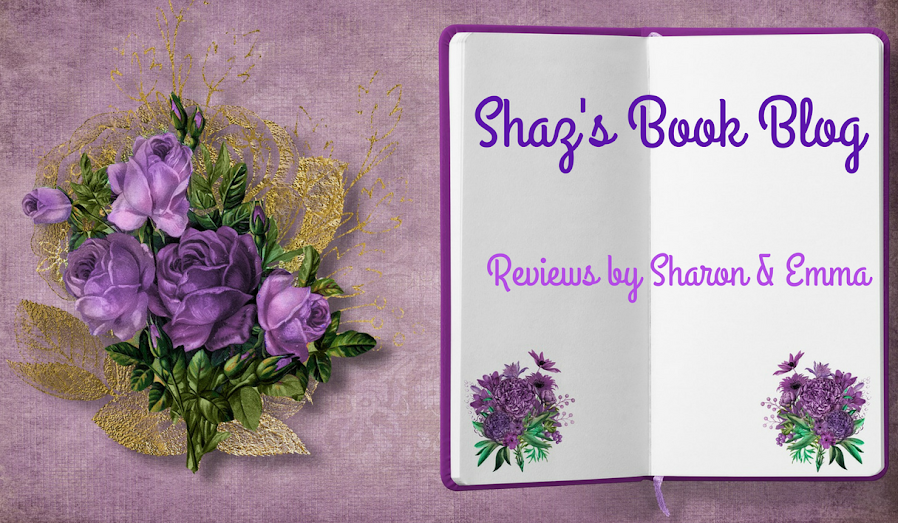After a childhood spent acting professionally and training at a theatre school, Laura Madeleine changed her mind, and went to study English Literature at Newnham College, Cambridge. She now writes fiction, as well as recipes, and was formerly the resident cake baker for Domestic Sluttery.
She lives in Bristol, but can often be found visiting her family in Devon, eating cheese and getting up to mischief with her sister, fantasy author Lucy Hounsom. You can find her on Twitter @esthercrumpet.
 At the famous Patisserie Clermont in Paris, 1909, a chance encounter with the owner’s daughter has given one young man a glimpse into a life he never knew existed: of sweet cream and melted chocolate, golden caramel and powdered sugar, of pastry light as air.
At the famous Patisserie Clermont in Paris, 1909, a chance encounter with the owner’s daughter has given one young man a glimpse into a life he never knew existed: of sweet cream and melted chocolate, golden caramel and powdered sugar, of pastry light as air. But it is not just the art of confectionery that holds him captive, and soon a forbidden love affair begins.
Almost eighty years later, an academic discovers a hidden photograph of her grandfather as a young man with two people she has never seen before. Scrawled on the back of the picture are the words ‘Forgive me’. Unable to resist the mystery behind it, she begins to unravel the story of two star-crossed lovers and one irrevocable betrayal.
Can you tell us a little bit about your debut novel The Confectioner’s Tale?
I started writing The Confectioner’s Tale about four years ago, after a whirlwind summer holiday driving around France. I was in Saint-Émilion when I discovered canelés: little French custard pastries. They have a fascinating, three hundred year history of fiercely guarded recipes, rivalry and craftsmanship. My interest in the art of patisserie started there. It’s also one of the reasons that Gui’s home is in Bordeaux.
What inspired you to set your debut novel in Paris?
Paris during the Belle Époque represents the absolute height of our romantic ideals: decadence, glamour, abundance and artistry, but it was also a world on the brink of collapse. The weight of that wealth and luxury was never going to be able to sustain itself. The city was also a place of poverty and disillusionment for the vast majority of people. The era was like a beautiful, dying, glittering creature. It was an irresistible setting.
What are your favourite confections to create?
I love making cakes. My real passion is for flavours, scents and textures. Unlike the chefs at Patisserie Clermont, I’m not very good at fiddly sugar work or decoration. I enjoy working with flavours that trigger memory or emotion; freshly-picked blackberries and hazelnuts in autumn, orange blossom in spring, ripe peaches and vanilla in summer, sloe gin, treacle, ginger and cinnamon for winter...
What is it about time slip novels that you feel make them so appealing to the reader?
I think a lot of people are fascinated by the relationship between past and present: we’re always looking for the connections, trying to follow the threads that connect then and now. Time-slip novels allow us to trace those lines, through chances and coincidences, and I think there’s something profoundly satisfying about the moment when two stories become one. They also allow us to escape to lost worlds and far away places, whilst keeping us grounded in the present.
What can we expect from you next?
I’m currently working on another time slip novel. It’s set in different periods, 1919 and 1969. Similarly, it takes place across France and England, but this one is set in the fierce heat of the South, rather than the elegance of Paris. It’s the raw, earthy, vivid counterpart to The Confectioner’s Tale’s refinement.
What is the best writing advice you have ever received?
While The Confectioner’s Tale is my debut novel, it isn’t the first one I ever wrote. The first novel was a chaotic explosion of a story that I started when I was nineteen. I’m glad I wrote it, but at the time, it just wasn’t working. Someone told me that if I could put it on the back burner and move on, write something new, then I should. So I did. It sounds counterintuitive, but I think that knowing when to delete or move away from something is a hugely important aspect of writing.
Are you going to treat yourself to something nice to celebrate the publication of your first book?
Maybe an almond croissant and a glass of something sparkling!
Have you anything exciting planned for publication day?
I’m actually using it as an excuse to go to a new restaurant in Bristol that I’ve been wanting to try for ages; it’s called Birch and I’ve heard very good things. I should be having a proper launch party at some point over the next few weeks though; watch this space!


No comments:
Post a Comment